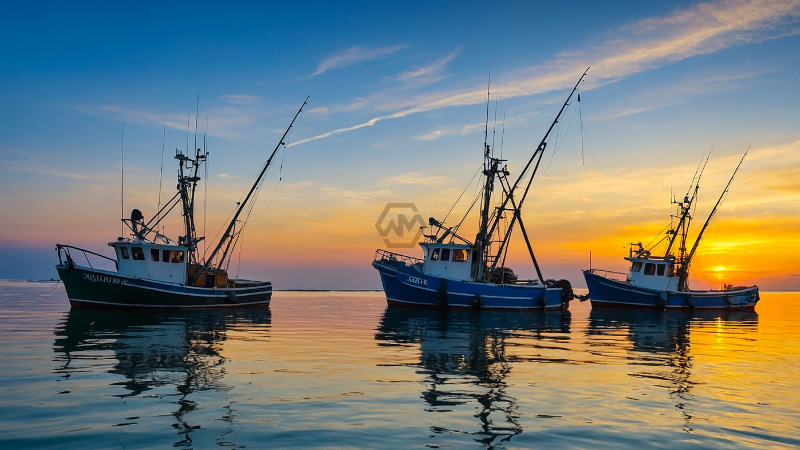- EU Fisheries Committee backs tougher rules on third countries allowing illegal or excessive fishing.
- Offenders could face trade penalties, including fish import bans.
- Amendments aim to clarify legal definitions and strengthen enforcement tools.
In a decisive move to protect global marine resources, the European Parliament’s Fisheries Committee has approved tougher measures targeting non-EU countries involved in unsustainable fishing.
The updated regulation also allows the European Commission to impose targeted import bans on specific fish products from offending countries.
EU Pushes for Trade Penalties Against Illegal Fishing Nations
The European Parliament’s Fisheries Committee is strengthening its stance against illegal, unreported, and unregulated fishing by non-EU states. With unanimous backing, new legal reforms aim to close loopholes that have allowed certain countries to exploit marine resources with little consequence.
These proposed changes focus on ensuring compliance with international agreements and promoting transparent cooperation within regional fisheries management organizations. Countries that fail to follow shared rules or discriminate against EU fishing fleets may now face concrete penalties.
A key tool in this initiative is the potential use of import bans — a trade measure that proved effective in the past. In 2013, the EU imposed such a ban on herring and mackerel imports from the Faroe Islands, which was lifted only after compliance was restored.
This policy signals a shift toward aligning trade relationships with environmental sustainability. It also emphasizes the EU’s intention to use its market power to push for global responsibility in marine resource management.
By linking market access to responsible fishing practices, the EU is reinforcing its role as a global leader in sustainable fisheries management, with a message that overfishing will carry real consequences.
“We must ensure that our seafood comes from sustainable sources — and hold others accountable who don’t play by the rules.” — Virginijus Sinkevičius, EU Commissioner for Environment, Oceans and Fisheries.



